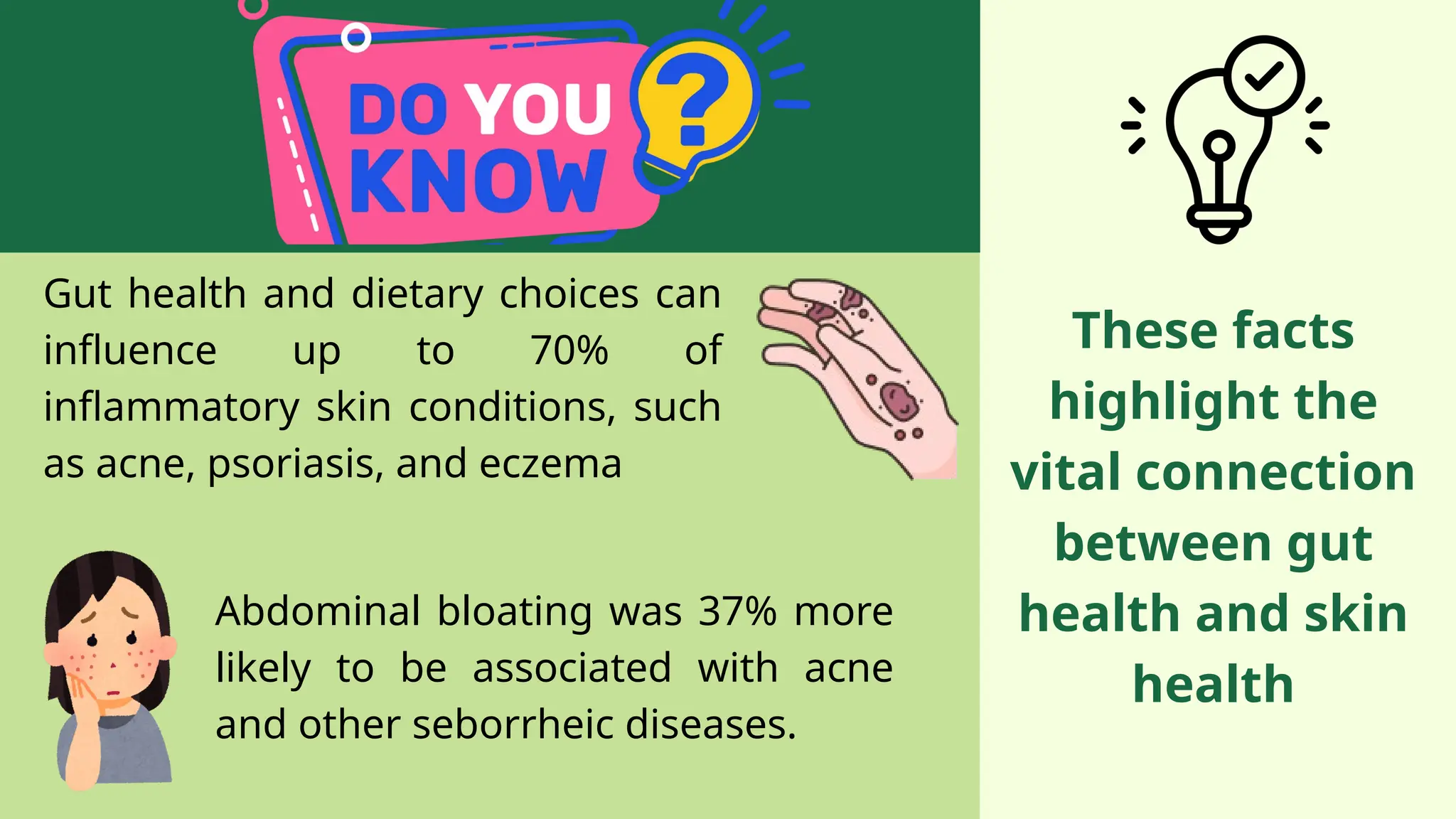If you’re struggling with belly fat, dieting isn’t the only solution to losing it. Exercise, stress management and overall health can also play a significant role in how you look and feel.
To lose fat from your midsection, begin by reviewing your eating habits and ensuring you’re not overeating. Then adjust your diet so it works for you.
It’s not a quick fix
Dieting is a widely-used weight loss strategy, but it often fails. Furthermore, dieting has been linked to other health issues like depression and anxiety.
One of the best ways to reduce belly fat is by making healthy eating and physical activity part of your lifestyle. Not only will this improve how you feel about yourself, but it may also lower the risk for heart disease, diabetes and other serious medical issues.
Eating a diet low in calories and high in fiber is the best way to shed belly fat. This includes cutting back on high-sugar items like soda, juices and other sweetened beverages; eating lots of fruits and vegetables also helps you feel full for longer; moderate exercise like walking or jogging can also help burn off extra calories from exercise. Making gradual changes over time through gradual weight loss will result in long-lasting success; if you are having trouble losing belly fat, consult with a doctor or nutritionist for support and advice.
It’s not a permanent fix
Dieting can be an effective tool in weight loss, but it won’t guarantee results. A suitable diet plan should be tailored to your individual dietary requirements and incorporate nutritious food items you will enjoy eating long term.
A balanced meal plan should consist of foods you can find at your local grocery store and that are straightforward to prepare, as well as regular physical activity. Furthermore, the right balance of nutrients and calories–with the appropriate combination of protein, carbohydrates, fats and vitamins–is key for maintaining a healthy body weight and overall wellbeing.
Aside from caloric restriction, the best way to burn belly fat is by making smarter food choices such as adding more fiber into your diet, restricting sugary drinks and cutting back on refined carbs and fast food. Doing this will increase metabolism, boost energy levels and keep you hydrated – all essential elements in a successful weight loss journey.
It’s not a diet
Dieting is the practice of eating fewer or more calories than usual in an attempt to lose weight. Unfortunately, dieting may not always work and could potentially have detrimental effects on your health if you try cutting calories too quickly or deprive yourself of nutritious foods that you enjoy.
A well-planned diet includes a variety of nutritious, enjoyable foods from various food groups that you enjoy. Additionally, physical activity helps promote weight loss and keeps your newfound physique in tact over time.
A successful diet should consist of nutritious, low-calorie dishes that you enjoy and are easy to prepare in the kitchen. Furthermore, it should include plenty of fruits and vegetables which are packed with antioxidants and vitamins; finally, add in some protein for extra energy boost. It’s no secret that a well-balanced diet coupled with regular exercise are the most efficient ways to shed pounds permanently.
It’s not a lifestyle change
Dieting is a temporary eating plan intended to achieve weight loss. On the other hand, lifestyle change involves developing habits that will support long-term health and weight control over time.
The primary distinction between dieting and lifestyle change is that a diet typically restricts food consumption, while an overhaul involves incorporating healthier habits into one’s daily life – such as exercising regularly, increasing produce intake, or other beneficial practices.
If you’re looking to make a lifestyle change, start by recognizing the bad habits that need to be altered. For instance, if you tend to overeat mindlessly, replace this behavior with an energy-packed snack or meal that has low calorie and nutritional value.
You can make changes to your sleep patterns and routines that may help manage stress better. Additionally, adding more physical activity into each day – like taking a morning walk – may improve how effectively you manage stress.







 Adapting Fitness and Nutrition for Long-Term Healthspan in Peri-Menopause and Menopause
Adapting Fitness and Nutrition for Long-Term Healthspan in Peri-Menopause and Menopause  The Intersection of Skin Health and Metabolic Wellness: It’s More Than Skin Deep
The Intersection of Skin Health and Metabolic Wellness: It’s More Than Skin Deep  Adapting Strength Training for Individuals with Autoimmune Conditions and Chronic Fatigue
Adapting Strength Training for Individuals with Autoimmune Conditions and Chronic Fatigue  Gentle Fitness for Long COVID Recovery and Energy Management: A Compassionate Guide
Gentle Fitness for Long COVID Recovery and Energy Management: A Compassionate Guide  The Future of Teledentistry: Remote Monitoring, Consultations, and a New Era of Preventive Care
The Future of Teledentistry: Remote Monitoring, Consultations, and a New Era of Preventive Care  Comprehensive Dental Wellness Strategies for Peri-Menopausal and Menopausal Women
Comprehensive Dental Wellness Strategies for Peri-Menopausal and Menopausal Women  The Intersection of Gut Health, Probiotics, and Acne Management: A Clearer Path to Skin Wellness
The Intersection of Gut Health, Probiotics, and Acne Management: A Clearer Path to Skin Wellness  Acne-Safe Makeup: How to Look Flawless Without Clogging Your Pores
Acne-Safe Makeup: How to Look Flawless Without Clogging Your Pores  Telehealth for Pink Eye: Managing Symptoms Without Leaving Home
Telehealth for Pink Eye: Managing Symptoms Without Leaving Home 